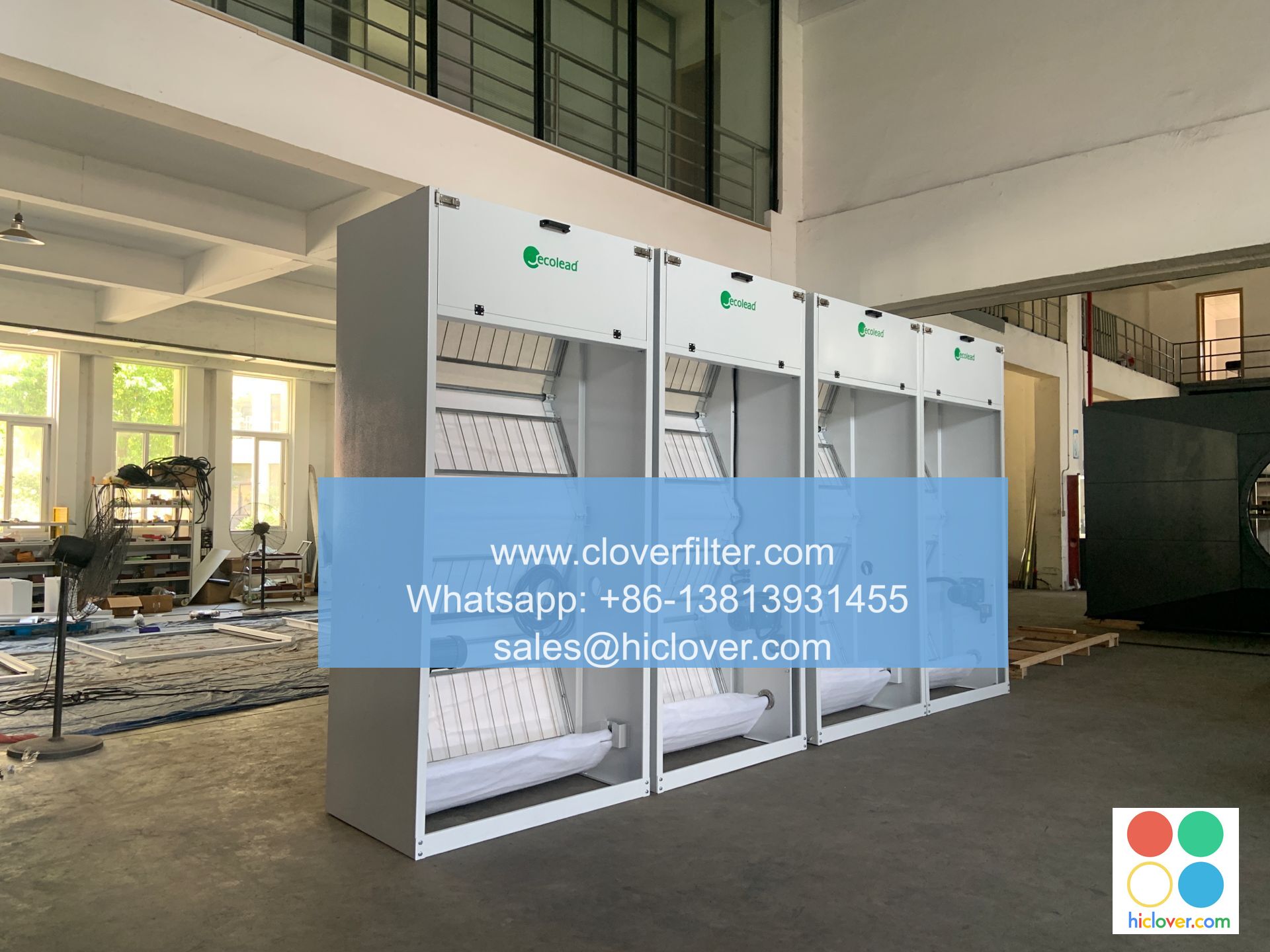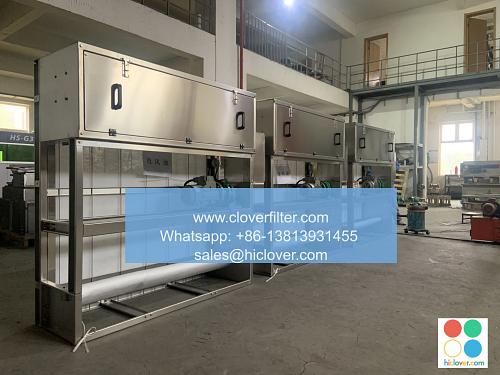The Importance of Air Filtration in Medical Device Factories

Air filtration plays a vital role in medical device factories, where the production of sensitive equipment and instruments requires a controlled environment to prevent contamination. Air pollution control and indoor air quality are crucial to ensure the quality and safety of medical devices. In this article, we will discuss the importance of air filtration in medical device factories, highlighting various application areas and the benefits of cleanroom technology.
Preventing Contamination
Medical device factories are prone to contamination from airborne particles, which can compromise the quality and safety of the devices. Airborne contamination can come from various sources, including particulate matter, bacteria, virus, and other microorganisms. To prevent contamination, air filtration systems are used to remove airborne particles and provide a clean environment for production. HEPA filters and ULPA filters are commonly used in medical device factories to capture 99.97% of particles as small as 0.3 microns.
Regulatory Compliance
Medical device factories must comply with regulatory requirements, such as those set by the Food and Drug Administration (FDA) and the International Organization for Standardization (ISO). These regulations require medical device manufacturers to maintain a controlled environment to prevent contamination and ensure the quality of their products. Air filtration systems play a critical role in achieving and maintaining regulatory compliance, by providing a clean and controlled environment for production.
Application Areas
Air filtration systems are used in various application areas in medical device factories, including:
* Cleanrooms: Where sterile medical devices are produced, air filtration systems are used to maintain a sterile environment and prevent contamination.
* Operating rooms: Where surgical procedures are performed, air filtration systems are used to maintain a clean and safe environment for patients and medical staff.
* Laboratories: Where medical research and testing are conducted, air filtration systems are used to maintain a clean and controlled environment to prevent contamination and ensure accurate test results.
* Pharmaceutical production: Where pharmaceuticals are produced, air filtration systems are used to maintain a clean and controlled environment to prevent contamination and ensure the quality of the products.
Benefits of Cleanroom Technology
The use of cleanroom technology in medical device factories provides several benefits, including:
* Improved product quality: By maintaining a clean and controlled environment, medical device manufacturers can ensure the quality of their products and prevent contamination.
* Increased productivity: By reducing the risk of contamination, medical device manufacturers can increase productivity and reduce downtime.
* Reduced costs: By preventing contamination and reducing downtime, medical device manufacturers can reduce costs and improve profitability.
* Regulatory compliance: By maintaining a controlled environment, medical device manufacturers can ensure regulatory compliance and avoid costly fines and penalties.
Conclusion
In conclusion, air filtration plays a critical role in medical device factories, where the production of sensitive equipment and instruments requires a controlled environment to prevent contamination. Air pollution control and indoor air quality are crucial to ensure the quality and safety of medical devices. By using air filtration systems and cleanroom technology, medical device manufacturers can maintain a clean and controlled environment, prevent contamination, and ensure regulatory compliance. The benefits of cleanroom technology include improved product quality, increased productivity, reduced costs, and regulatory compliance.

